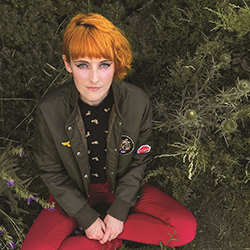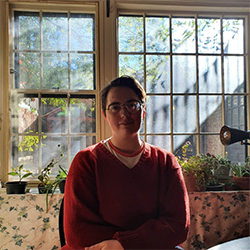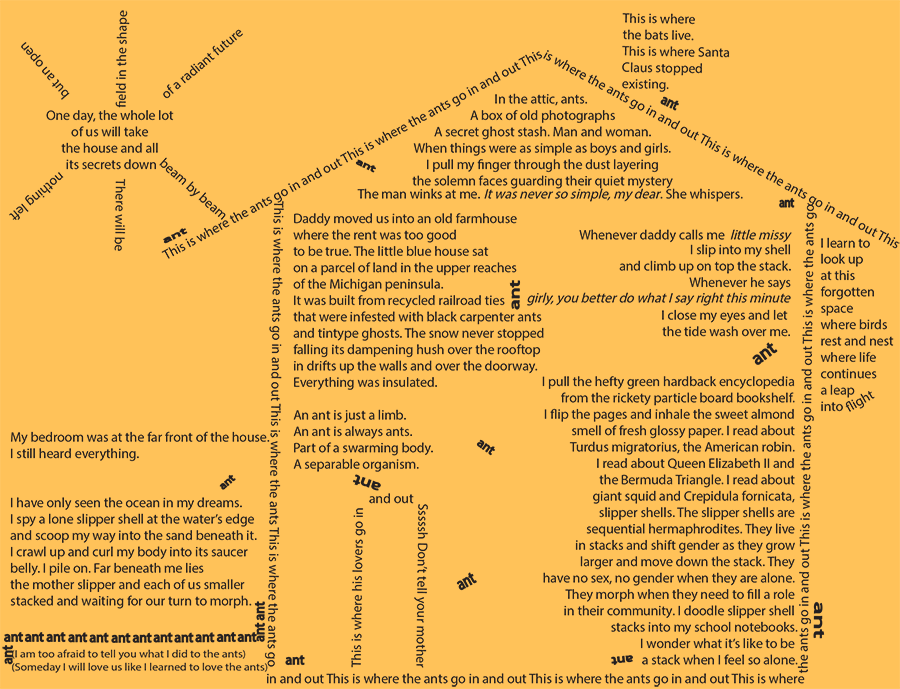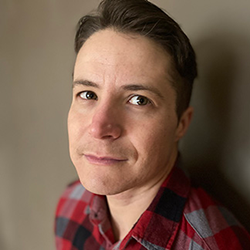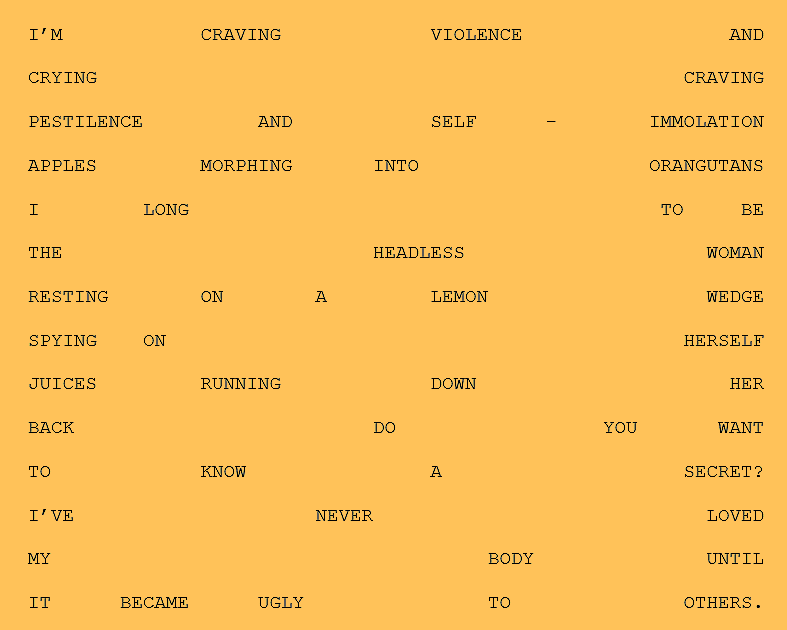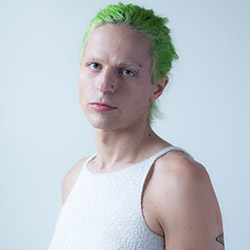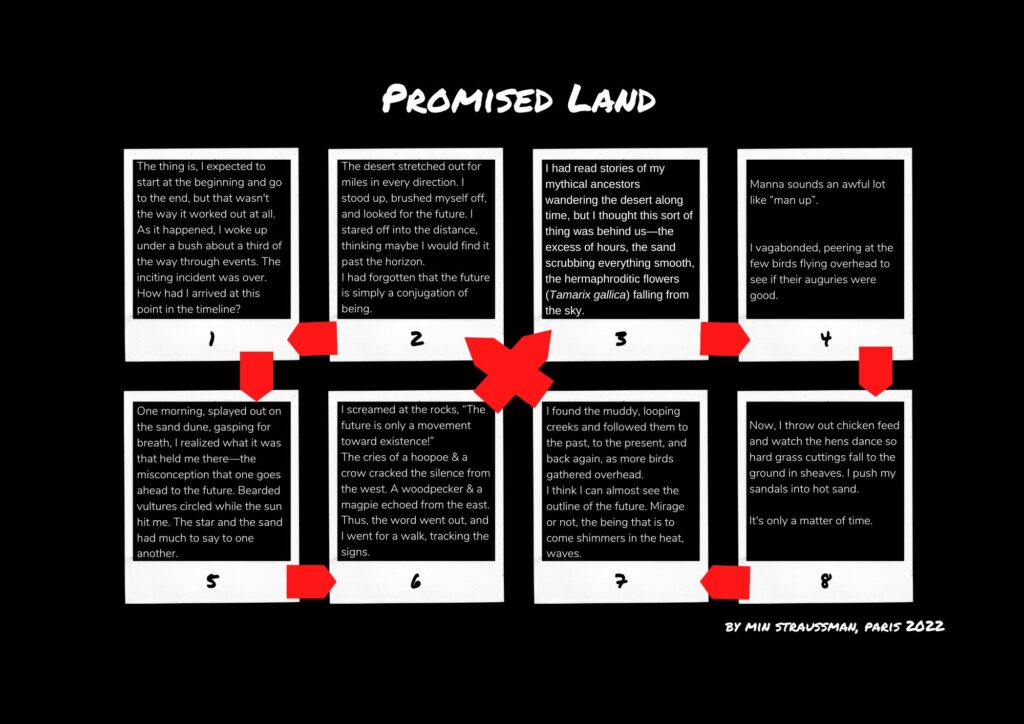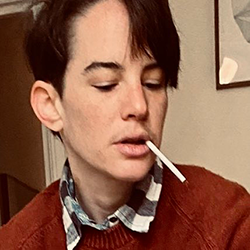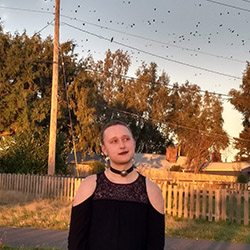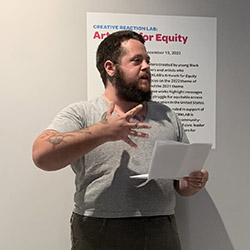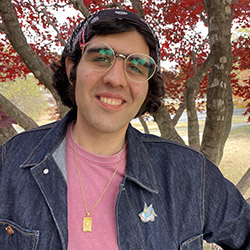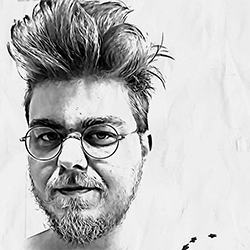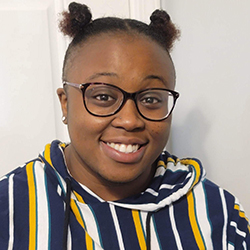for Moon
Smoke filled the sky. Heat waves
in the middle of October in Oakland, California. The light was volcanic-ash-orange
all day. Indoors, windows closed, the temperature was rising.
100+ degrees. The smell of mold and decaying carpet
suffocating. We fade out of consciousness, overtaken by heat sickness. You bring
drip wet scarves. Ice packs. Box fans.
How long did you watch
our comatose body? Why didn’t you call
for an ambulance? Did you know we would run
from that coffin trap if we could? How many times
have you sat with us? Our personal Emergency Room
partner. You are a medicine cabinet bursting with rescue
remedies. Always equipped with high potency Cannabis oil, the only
anti-seizure medicine we could access. You watched EMT’s
wrench our locked shoulder to pick us up after an hour of convulsing.
You vowed to keep us
safer. We look to you because you are a fortress. Our hide-out
in the drought. You are the fire retardant dropped from the bosom
of an airplane. We were a beetle colony and you a forest of evergreen trees.
We gave you our body and you kept us here, even when it cost
your ability to walk. Remember how we raced our two Jazzy powered
wheelchairs; yours named Satan and ours the Devil?
Your sweet head was a dandelion
puff in our wind. You lost your birds-nest sense
of self to the pressure of caregiving.
Your broad hands trembled with burdens the size of planets. You risked it all
to wrap around our cactus soul and anchor us in the flash flood.
Without you
we became a poor wilted flower shop.
Motionless on the floor. On the bed. At the park.
Even in the coolness of the closet where we could capture the night
if we didn’t open the door. Our body
taken by fatigue or heat or seizures. We collapsed,
a claustrophobic diamond mine breaking. Searching for your rescue.
Our land lady wouldn’t allow
the freedom of an air conditioner. The neurologist wouldn’t
prescribe anti-seizure medicine. No one else
would house us. You and us without any chosen
family. No respite. Not a moment away from the horror of
medical emergencies.
You stuck by us. Even when we didn’t want your partnership.
We hid between the dresses on the hangers. Hated you when you pulled us
away from our shallow breathing, high blood pressure, pulsing fever,
out-of-body swimming towards the end. We dropped
all of our petals. And because of you we had to find a way
to bloom again. We couldn’t breathe until the sun went
down. Depression refused to levitate
from our heart. Defeat was knocking
on our suicidal soul but we couldn’t cross the threshold. We crumbled
around our intestines, ashamed of our coming-back to consciousness.
Please leave us. Awareness is a double edged
butterknife. We want to vomit up our
dependency and get away from your electrical outlets. We’ll punch the alarm
out of our joint sockets alone. Heavy-hearted,
we haunt just outside of a living room relationship. We have this conviction
that we must fake we’re stronger in order to be your family member.
You were responsible for our food and hygiene. You made
all our phone calls. We would brainfog out and yell
at you for reasons we forget. We still run
every decision by your exhausted brain. Can’t get through a day
without looking to you for orientation.
Constant Moon.
Soothe us like the perspiration on the cup of Christ. Calm.
Give us rest. Just like the ice packs
you got from the freezer. Lay them on our dying body.
Turn back the hands of heat.
You say “Not today. Not my baby. Not while I have ice left in my chest
freezer.” You stay like a hive of honey bees.
Close to your chosen Love with those open wings.
You regulate the happiness in our chest cavity.
You, pendulum swinging relief. You pulled our panic into the water
like Jesus calmed the storm and saved his 12 lovers.
You gave us a route to life. Your compassion
hugs our cheekbones. You poured into us, Love.
Love, made from ice
packs, held our sweaty hands. Prevented suffocation of heat. Rubbed
cannabis oil on the soles of our feet, you stopped
hundreds of seizures. Stopped the reach of all our chronic
conditions. Covered the house with foraged
bouquets when we couldn’t go outside. Filled our life
with kisses and “I love you”
even when we couldn’t answer back. Gave us the whole bedroom
when we couldn’t love you back. Brought us hand-carved
fruit platters and home-stewed curries when we couldn’t look
you in your spirograph planetary nebula eyes.
Said goodbye to us
with rivers of tears. We moved away for better
medical care and a solitary Seattle studio. Even now
we call each other every day. You fly here
every time we need your full moon in our bed. Is distance
what brought us back together, Love? Filled
our bosom with heart-shaped boxes of surprise-filled
chocolates. All for you. We are bursting with love that surpasses
titles. We choose you, Love, for our forever family.
Proginoskes (they/them, we/us) is a Disabled White Trans Nonbinary poet and fiction writer based in Seattle. They are also a Dissociative Identity System. They enjoy being outside and spending time with their two dogs, one cat, and three snakes. This poem was created at a workshop taught by Megan Falley called Poems That Don’t Suck.
